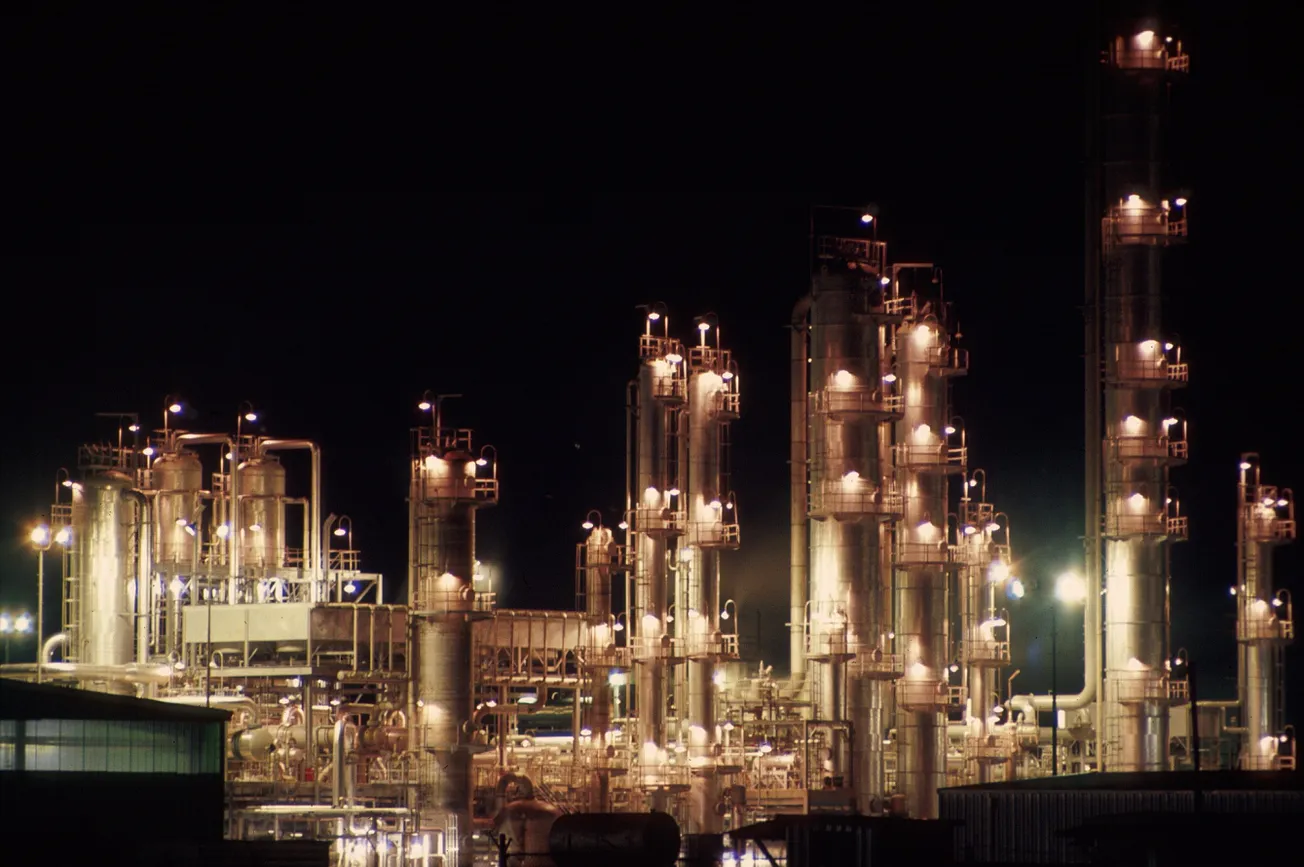By Jack McEvoy for Daily Caller News Foundation
Strikes at British Petroleum’s (BP) largest European refinery in the Netherlands are halting diesel production, which could exacerbate U.S. fuel shortages ahead of winter, according to Bloomberg.
Striking refinery workers are refusing to fix a steam outage that is halting production and say they will not resume operations even if the issue is fully repaired, meaning that BP’s Rotterdam refinery, which can process 400,000 barrels of crude oil per day, will remain shut down, Bloomberg reported. Meanwhile, New England’s stocks of distillate fuel oil, which is refined into diesel and winter heating oil, are nearing all-time lows, according to the Energy Information Administration (EIA).
“We regret that the unions have decided to proceed with strike action at the bp Rotterdam refinery,” BP said in a statement provided to the Daily Caller News Foundation. “As a result, the planned restart of the refinery has been put on hold and operations remain shut down.”
The Biden administration is also mulling a plan that would force oil companies to store a minimum amount of diesel in their fuel tanks, which could raise fuel prices further in areas like New England, according to Bloomberg. Diesel and heating oil shortages are most pronounced in the northeastern U.S. as the region has become dependent on distillate fuel imports due to its constrained pipeline capacity.
The U.S. has just 26 days of diesel remaining in its commercial inventories and a gallon of diesel is roughly $1.58 more expensive than it was in November 2021, according to the Energy Information Administration. The price of heating oil, a fuel most commonly used in New England to heat homes, has also gone up by 65% since October 2021.
The administration could also deploy the Northeast’s emergency stockpile of 1 million fuel barrels to address shortages in New England. However, because diesel demand is so high, the reserve’s supply would last less than six hours, according to The Washington Post.
Refinery workers began partially striking on Nov. 14 after BP rejected their unions’ salary demands, according to Quantum Commodity Intelligence. The two unions, which represent 440 of the 730 workers at the plant, wanted a three-year share match scheme worth 3.35% and a 6% salary raise retroactive to April 2022.
“We remain in dialogue with the unions to reach an agreement and minimize the consequences,” BP said.
Link to the original article on the Daily Caller website.
Please share with anyone who would benefit from the tippinsights newsletter. Please direct them to the sign-up page at:
https://tippinsights.com/newsletter-sign-up/








